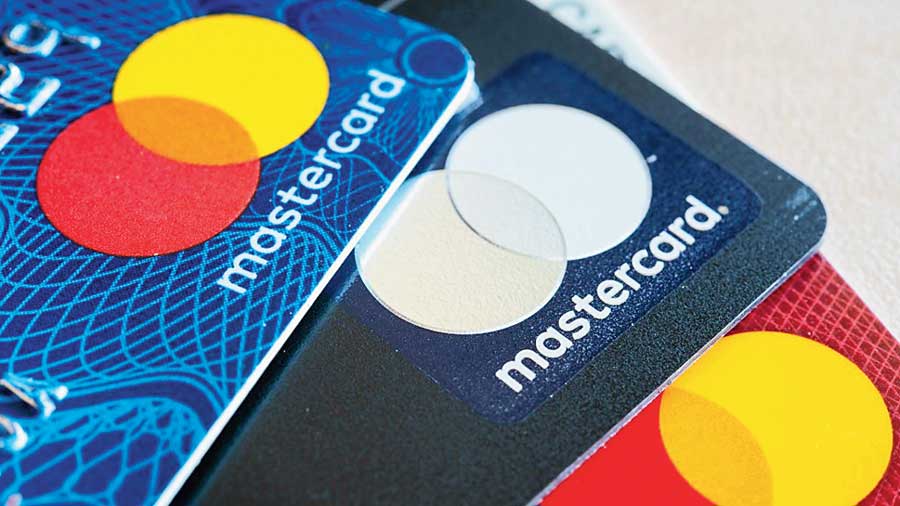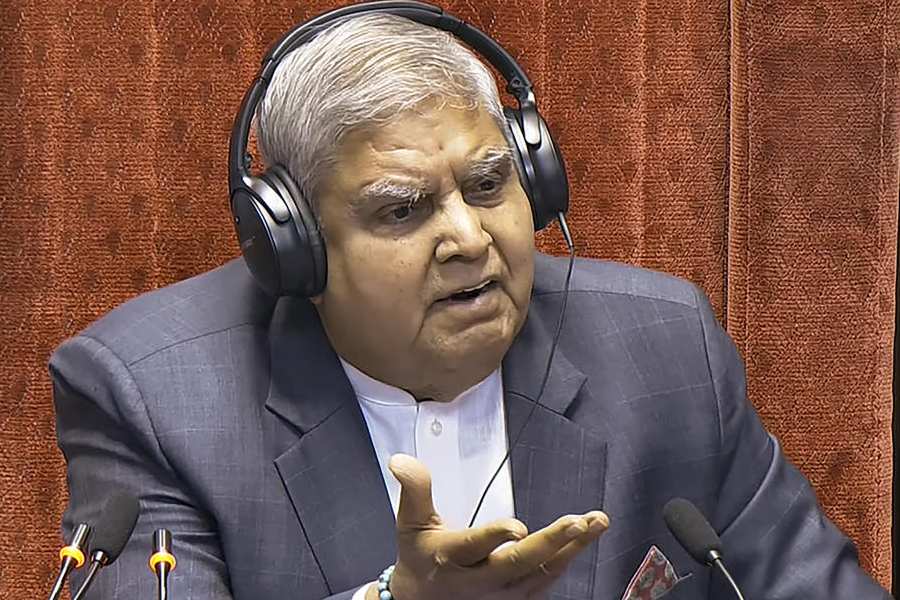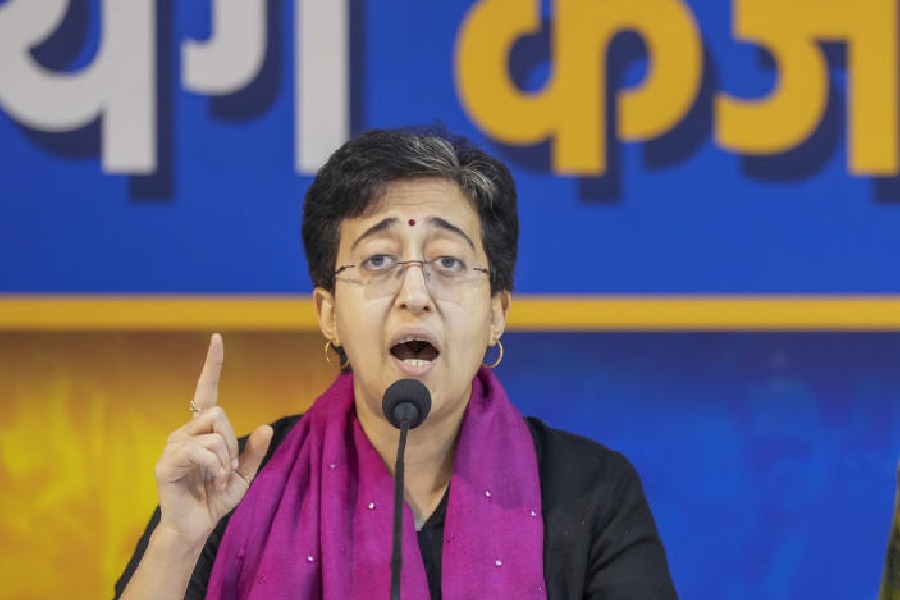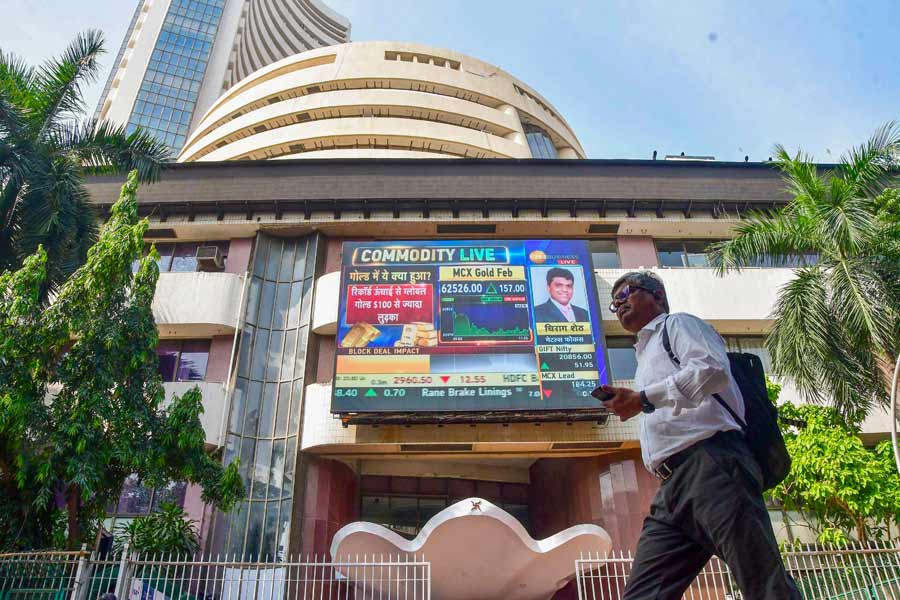The Reserve Bank of India (RBI) has barred Mastercard from issuing new credit, debit and prepaid cards.
The Reserve Bank said Mastercard has not complied with India’s storage norms. The ban will take effect from July 22.
Mastercard is the third major payment system operator after American Express and Diners Club to face restrictions for not adhering to the central bank’s guidelines on data storage.
American Express and Diners Club have been barred since May 1 from issuing cards.
But unlike American Express, which is a relatively small player in India, companies such as Mastercard and Visa have partnered many Indian banks that offer cards using the US firms’ payments network.
The RBI clarified that the action against Mastercard will not impact existing customers of the payments and technology company.
“Notwithstanding the lapse of considerable time and adequate opportunities being given, the entity (Mastercard) has been found to be non-compliant with the directions on storage of payment system data,’’ the RBI said.
In April 2018, the central bank had directed all payment system providers to store all their transaction data in India within a period of six months.
A compliance report as well as a board-approved system audit report to the RBI was made mandatory .
The RBI had observed that not all system providers store their payments data in the country.
The compliances were meant to ensure effective monitoring of data, while ensuring unfettered supervisory access. The RBI had, therefore, said that all system providers must ensure the entire data be stored only in India, including full end-to-end transaction details.
Data for the foreign leg of the transaction, if any, can be stored overseas.
The payment systems providers feared this will raise the cost of their compliance requirements. Some of the overseas firms had reportedly suggested data mirroring instead of storing them only in India.
In 2019, Mastercard said it was “bullish on India”, announcing $1 billion in investment over the next five years, in addition to its earlier investment of $1 billion from 2014 to 2019.
“It does leave a big vacuum in credit cards and can come as a good opportunity for Visa ... Banks will have to start re-negotiating the deals and this will be a blow for Mastercard,” said Ashvin Parekh, an independent financial services consultant told Reuters.











